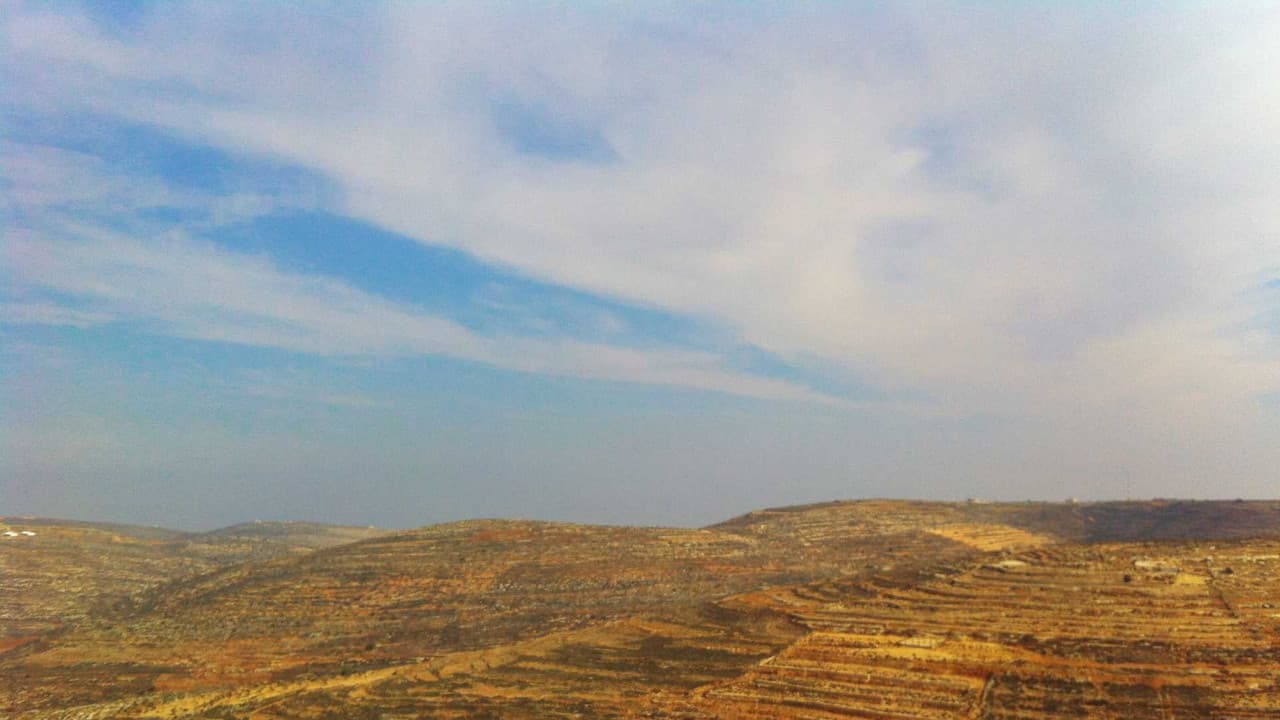Doing business in Palestine involves navigating a rich cultural landscape that significantly influences workplace interactions and business practices. Understanding these nuances is crucial for building trust, fostering effective communication, and achieving successful outcomes. While business principles share common ground globally, the specific ways relationships are built, decisions are made, and time is perceived are deeply rooted in local traditions and values.
Successful engagement requires patience, respect for local customs, and a willingness to adapt. Recognizing the importance of personal connections and the influence of community and family structures on professional life is key to establishing a strong foundation for business relationships.
Communication Styles in the Workplace
Communication in the Palestinian workplace often blends directness with a strong emphasis on maintaining harmony and respect. While directness is valued in conveying information clearly, care is taken to avoid causing offense or embarrassment.
- Context and Non-Verbal Cues: Communication is often high-context, meaning that much of the meaning is conveyed through non-verbal cues, tone of voice, and the surrounding situation rather than explicit words alone. Pay attention to body language and unspoken signals.
- Relationship-Oriented: Building rapport is essential before diving into business matters. Initial conversations often involve personal inquiries about family and well-being.
- Indirectness in Sensitive Situations: In situations where direct refusal or criticism might cause discomfort, indirect language may be used. Learning to read between the lines is important.
- Hospitality: Offering and accepting coffee or tea is a fundamental part of business communication and relationship building. Refusing can be seen as impolite.
Business Negotiation Practices and Expectations
Negotiations in Palestine are typically relationship-driven and may proceed at a slower pace than in some Western cultures. Patience and persistence are valuable attributes.
- Building Trust: Establishing a personal connection and trust is paramount before substantive negotiations can occur. This often involves spending time together outside formal meetings.
- Flexibility: While agreements are important, there can be flexibility, especially when unforeseen circumstances arise. Be prepared for discussions to revisit points.
- Decision-Making: Decisions may involve consultation with various stakeholders, potentially including family members or community elders, particularly in family-owned businesses. The most senior person often has the final say, but they may seek consensus.
- Bargaining: Haggling is a common practice in many aspects of life, and while less prevalent in formal corporate settings, a degree of negotiation on terms is expected. Avoid aggressive tactics; maintain a respectful and friendly demeanor.
Hierarchical Structures and Workplace Dynamics
Palestinian society and workplaces tend to be hierarchical, with respect for age, seniority, and position being significant.
- Respect for Authority: Deference is typically shown to elders and those in positions of authority. Addressing individuals by their titles (e.g., "Dr.", "Engineer", "Mr./Ms.") is a sign of respect.
- Decision Flow: Decisions often flow from the top down. While input may be gathered from employees, the final decision-making power usually rests with senior management or the owner.
- Management Expectations: Managers are often seen as figures of authority and guidance. Employees may expect clear instructions and leadership. Providing constructive feedback should be done privately and respectfully.
Holidays and Observances Affecting Business Operations (2025)
Business operations in Palestine are significantly impacted by both Islamic and Christian holidays, as well as national observances. It is crucial to be aware of these dates when planning meetings and deadlines for 2025. Note that dates for Islamic holidays are based on the lunar calendar and are approximate until confirmed by moon sighting.
| Holiday | Type | Approximate Date (2025) | Impact on Business |
|---|---|---|---|
| Eid al-Fitr | Islamic | Late March/Early April | Major holiday, businesses typically closed for several days. |
| Eid al-Adha | Islamic | Early June | Major holiday, businesses typically closed for several days. |
| Islamic New Year | Islamic | Late June/Early July | Public holiday, some businesses may close. |
| Prophet Muhammad's Birthday | Islamic | Mid-September | Public holiday, some businesses may close. |
| Christmas Day | Christian | December 25 | Public holiday, many businesses closed. |
| New Year's Day | Gregorian | January 1 | Public holiday, businesses closed. |
| Palestinian National Days | National | Various | May impact business hours or cause disruptions. |
It is advisable to confirm specific dates closer to the time and check local calendars, as regional variations or additional local holidays may apply.
Cultural Norms Impacting Business Relationships
Beyond formal business settings, several cultural norms influence how relationships are built and maintained.
- Hospitality: Offering and accepting refreshments (coffee, tea, sweets) is a fundamental part of social and business interaction. It is considered impolite to refuse.
- Personal Space: Personal space can be closer than in some Western cultures. Physical contact like handshakes is common, but be mindful of gender sensitivities; wait for a woman to extend her hand first.
- Gift-Giving: While not always expected, small gifts can be appreciated as a gesture of goodwill, especially when visiting someone's office or home. Avoid overly expensive gifts, which can cause discomfort.
- Importance of Family: Family is central to Palestinian life and often influences business decisions, particularly in family-owned enterprises. Inquiring politely about family is a way to show respect and build rapport.
- Religious Sensitivity: Be mindful and respectful of religious practices, particularly during prayer times and religious holidays. Avoid scheduling critical meetings during these periods if possible.
Employ top talent in Palestine through our Employer of Record service
Book a call with our EOR experts to learn more about how we can help you in Palestine







Book a call with our EOR experts to learn more about how we can help you in Palestine.
Trusted by more than 1000 companies around the globe



